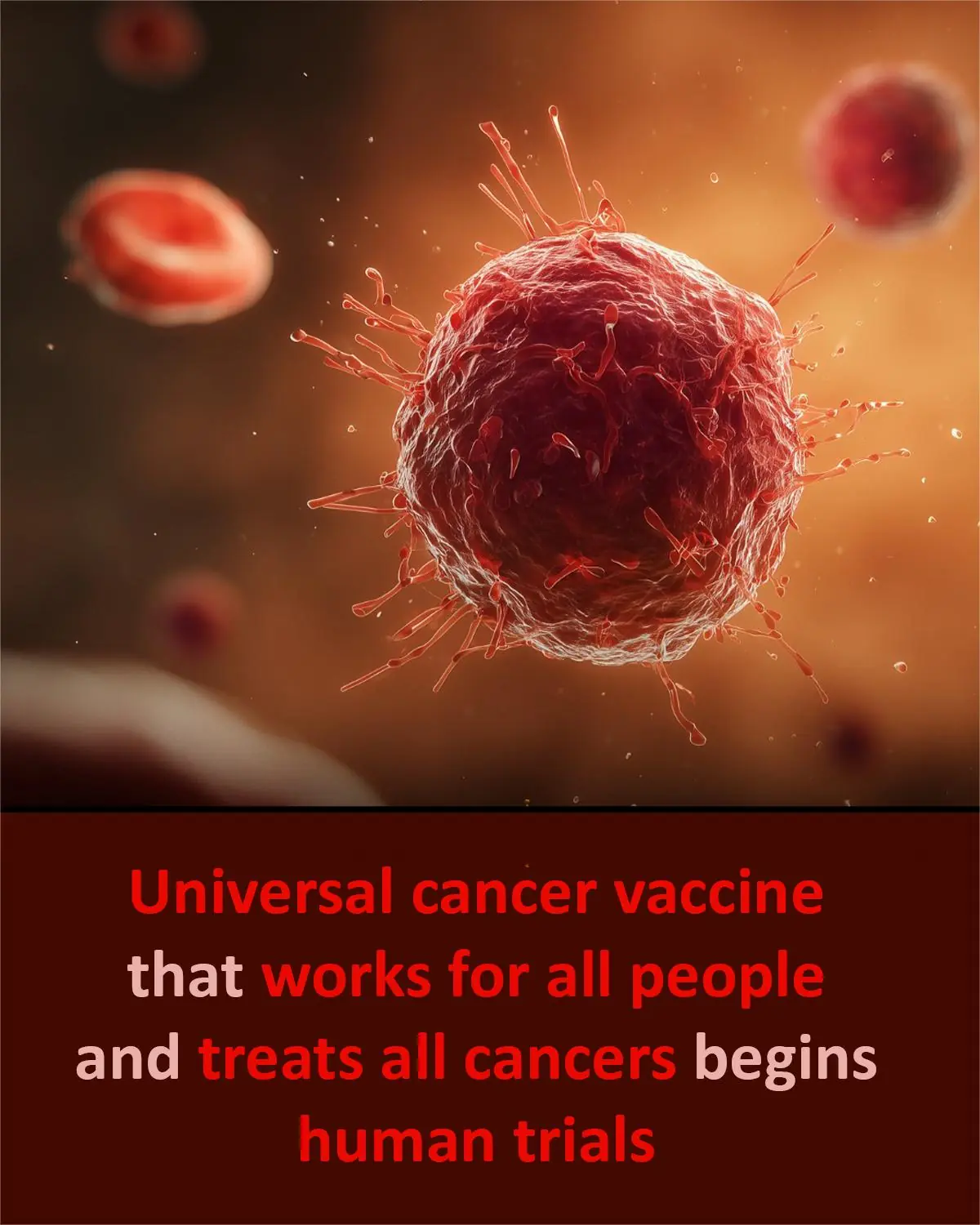
Researchers Edge Closer to a Universal Cancer Vaccine as Human Trials Loom
September 2025 — A team of scientists in the United States has announced major progress toward what could become a universal cancer vaccine, raising cautious optimism about a new frontier in oncology. While early results are limited to animal studies, researchers say preparations for human trials are underway.
A New Approach to Fighting Cancer
The research, led by the University of Florida and published in Nature Biomedical Engineering, focuses on an mRNA-based vaccine designed to train the body’s immune system to better recognize and attack tumors. Unlike personalized cancer vaccines, which must be tailored to each patient’s specific tumor, this “off-the-shelf” vaccine attempts to stimulate a broad immune response that could apply across multiple cancer types.
In laboratory studies, mice with aggressive cancers including melanoma, glioma, and osteosarcoma showed promising outcomes. When given the experimental vaccine, some animals experienced significant tumor shrinkage, and in combination with existing immunotherapies, certain tumors were eliminated entirely.
Why It Matters
Traditional cancer vaccines target tumor-specific antigens, but cancer cells often mutate rapidly, finding ways to hide from the immune system. This new vaccine takes a different route, activating type-I interferon pathways — part of the body’s innate immune defenses. By essentially “waking up” the immune system, researchers hope the treatment can provide protection across a wider range of cancers.
The approach could serve as a stopgap measure while personalized vaccines are being developed, or as an option for patients with so-called “cold” tumors that usually evade detection by the immune system.
Human Trials on the Horizon
While results so far have been confined to mice, the University of Florida team says it is working toward clinical trials in humans. The path forward will involve careful safety evaluations, followed by phased studies to measure effectiveness in people with different cancers.
Experts stress that many promising cancer treatments in animals fail when tested in humans. Cancer is a highly complex disease, and no single therapy is likely to be effective against all forms. Still, researchers are cautiously optimistic that this vaccine could mark a step toward a long-sought universal treatment strategy.
The Challenges Ahead
-
Safety and Side Effects: Activating the immune system broadly carries the risk of harmful inflammation or autoimmune reactions.
-
Cancer Diversity: Not all tumors behave the same way, and some may still evade immune detection.
-
Timeframe: Even if human trials begin soon, it could take years before any vaccine is proven safe and effective enough for approval.
A Glimpse of the Future
If successful, a universal cancer vaccine would revolutionize oncology. It could simplify treatment, reduce costs, and provide lifesaving options to patients worldwide. Beyond treatment, such vaccines might even one day be used to prevent cancers from developing in high-risk individuals.
For now, researchers are urging patience — and realism. The science is advancing, but the journey from promising mouse studies to a trusted human therapy is long and uncertain.
News in the same category

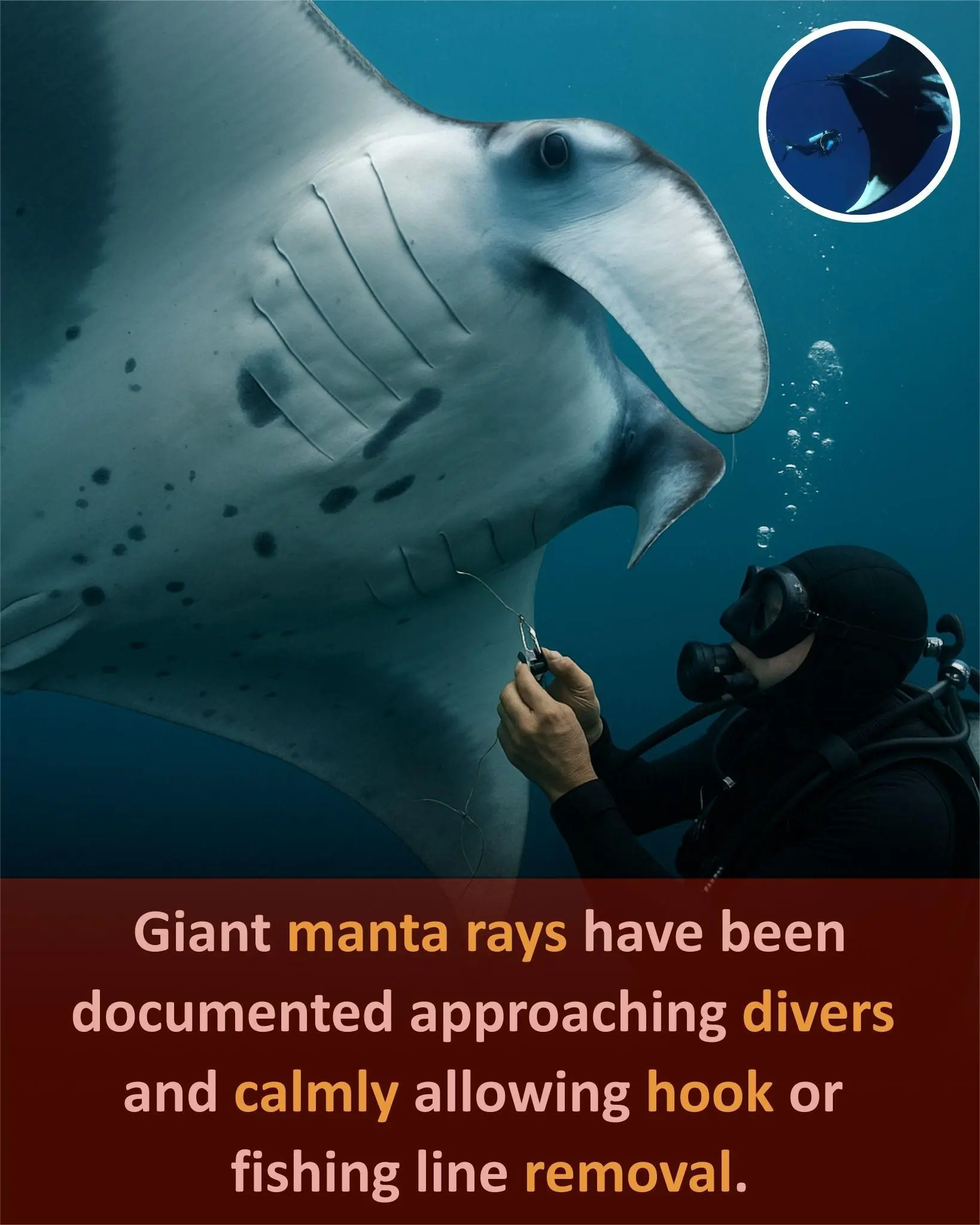
Giant Manta Ray Approaches Divers for Help in Removing Fishing Hooks

Brooklyn Homeowner Loses $800,000 House Over a $5,000 Water Bill

La Niña Returns: Colder Winter Expected Worldwide

2 injured in crash involving 3 commercial vehicles in Wood County

From lab coat to red carpet: Bill Nye receives star on Hollywood Walk of Fame
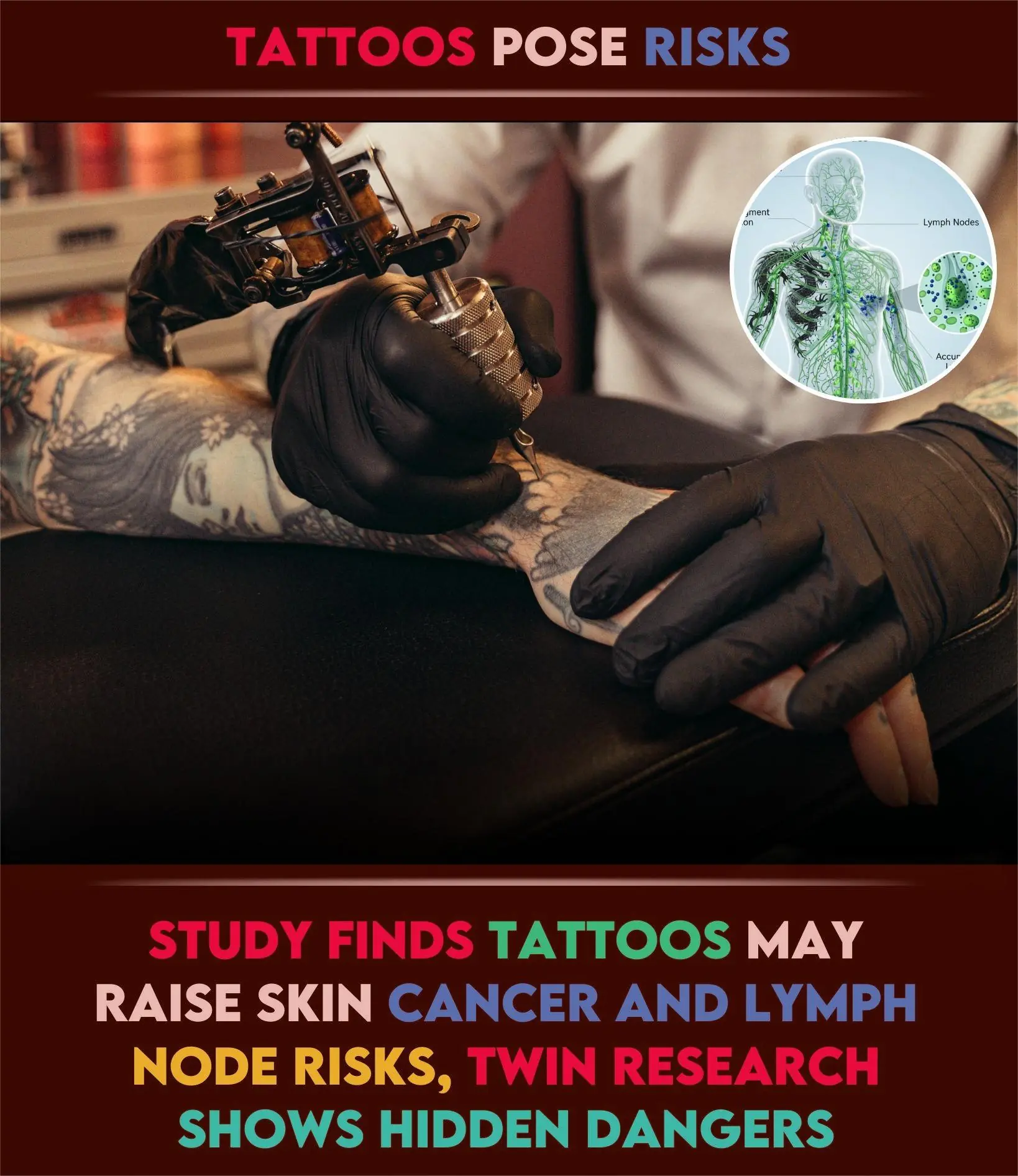
Emerging Evidence Raises Questions About Tattoo Ink and Cancer Risk
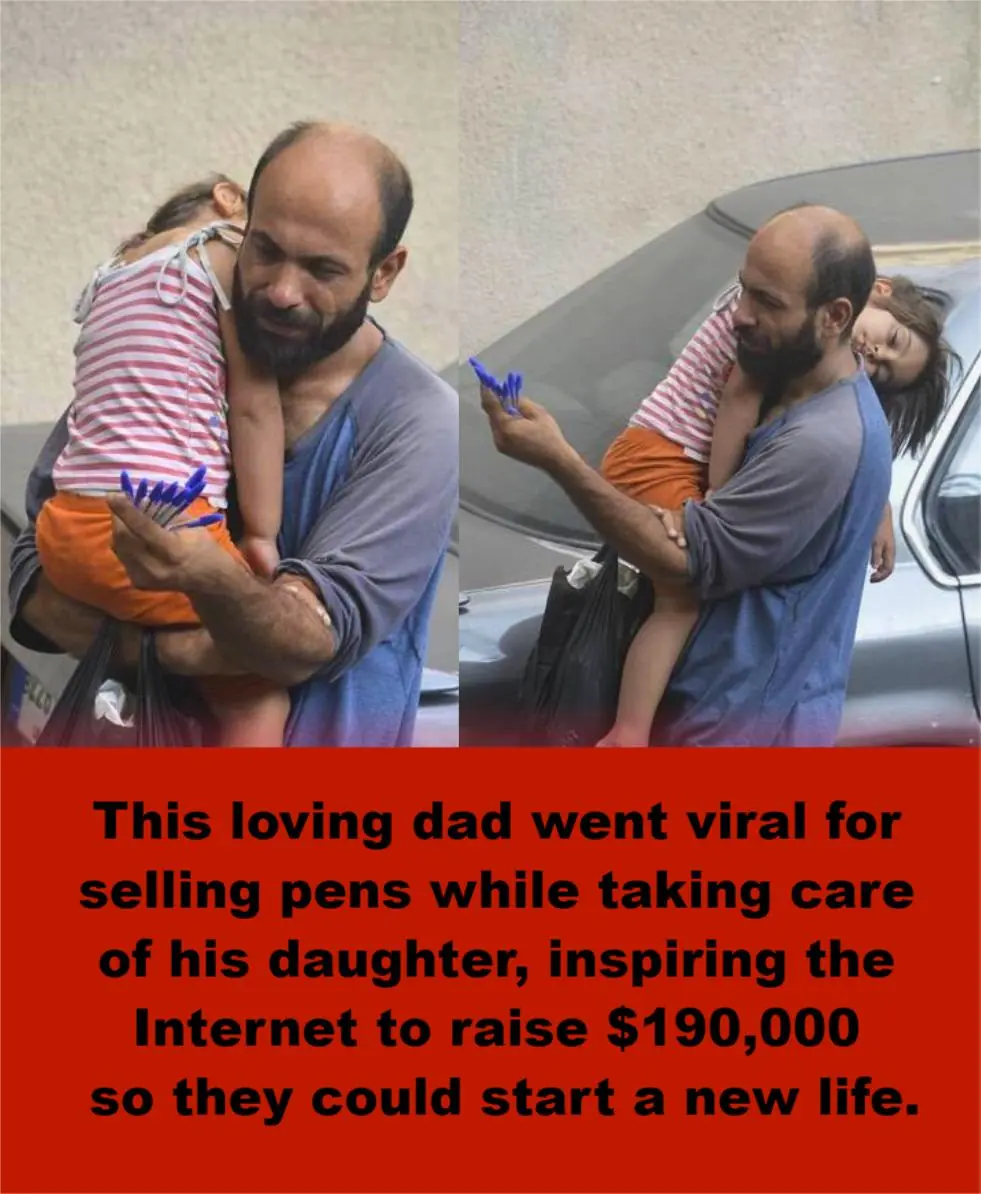
From Selling Pens on the Streets to Inspiring the World: A Father’s Story of Love and Resilience

Winchcombe Meteorite: A Pristine Messenger from Space That Carries the Building Blocks of Life
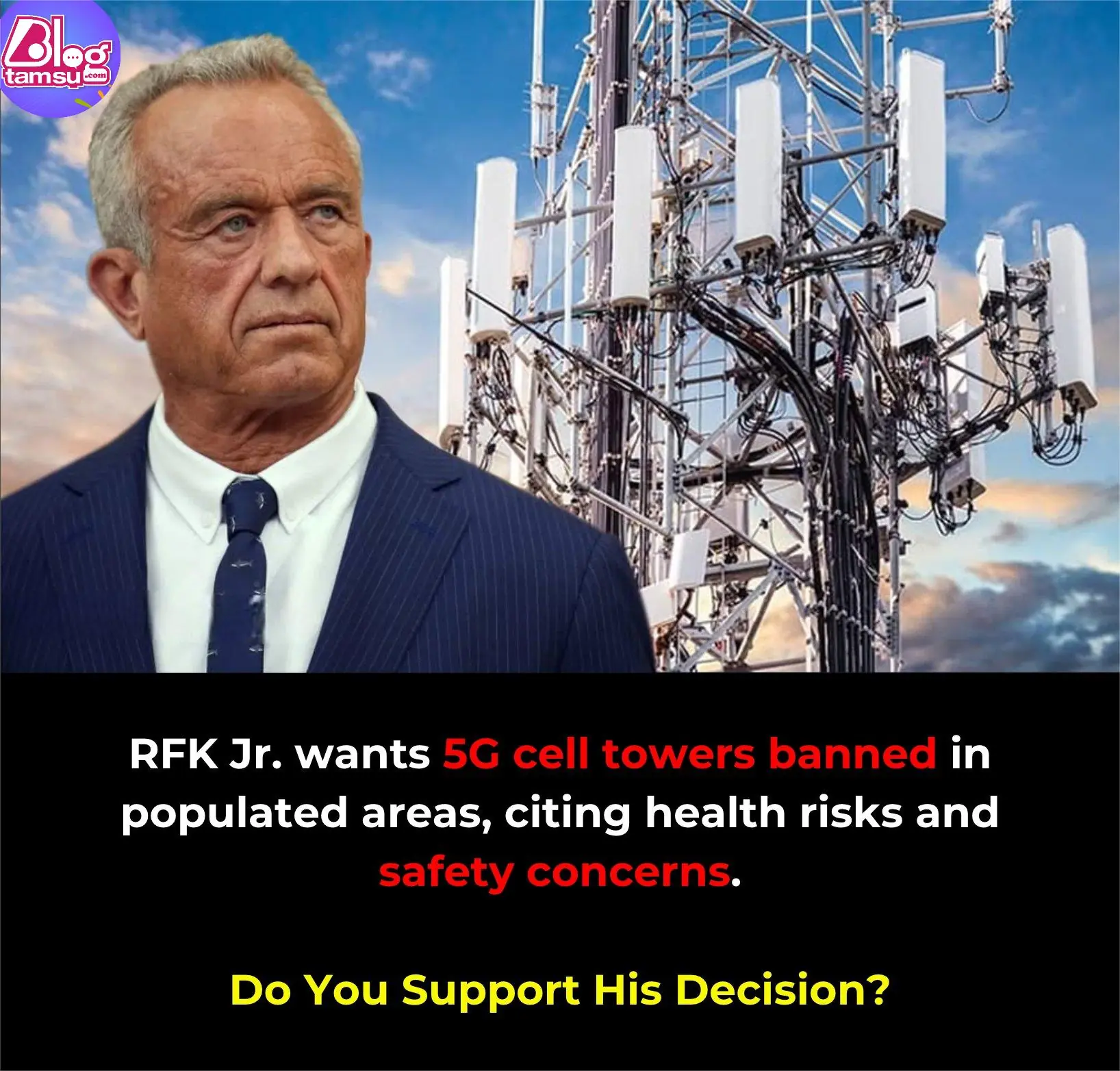
RFK Jr. Calls for Restrictions on 5G Towers, Citing Health and Safety Concerns

Young Hero: Bridger Walker, the Boy Who Saved His Sister from a Dog Attack

Doppelgänger Surprise: Two Strangers Look Exactly Alike on Flight

China’s Dark Factories: Ushering in a Fully Automated Manufacturing Era

Chinese Family Devours 5.5kg of Durian Outside Thailand Airport After Flight Ban
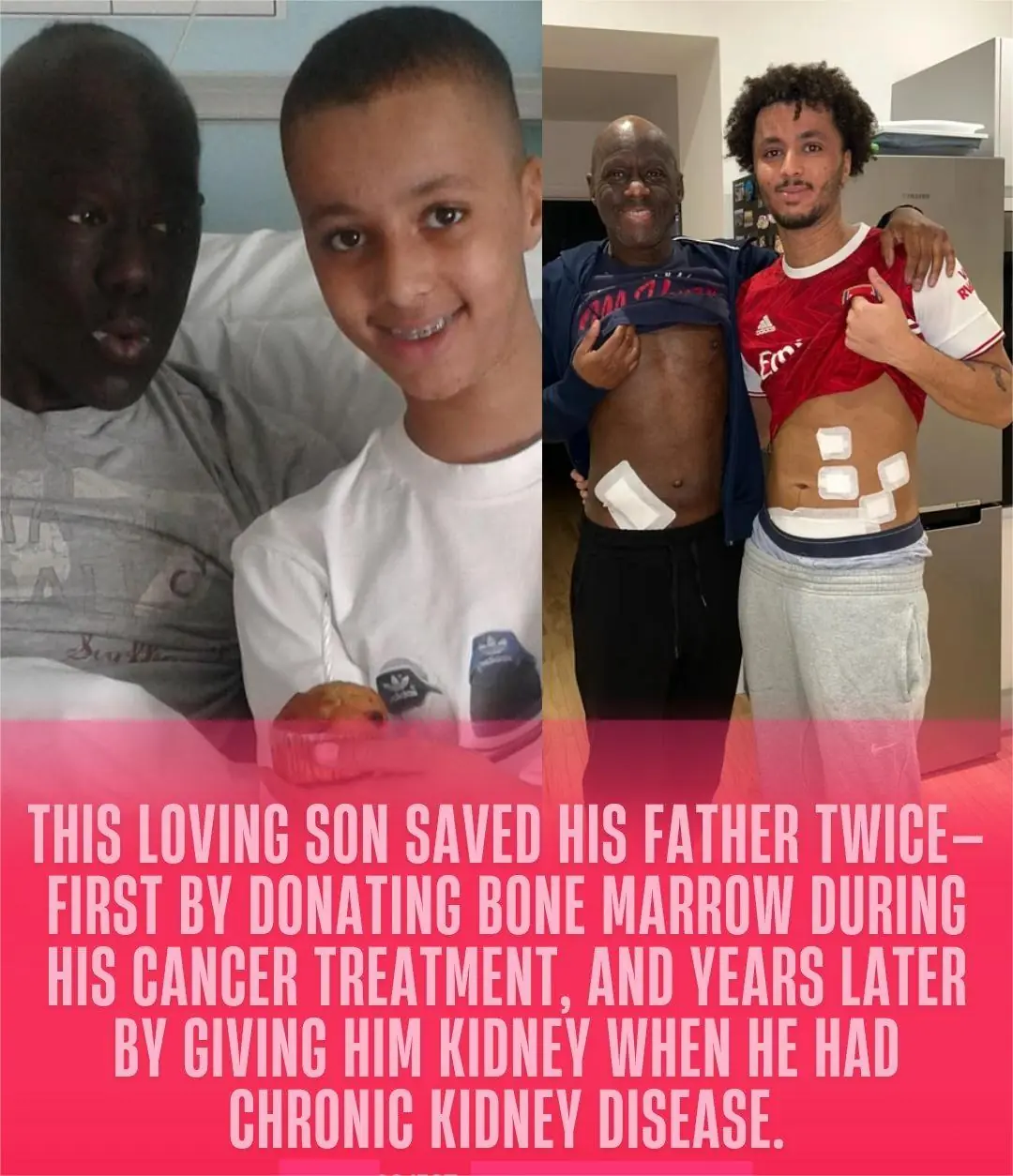
Son Saves Father Twice — With Bone Marrow and a Kidney
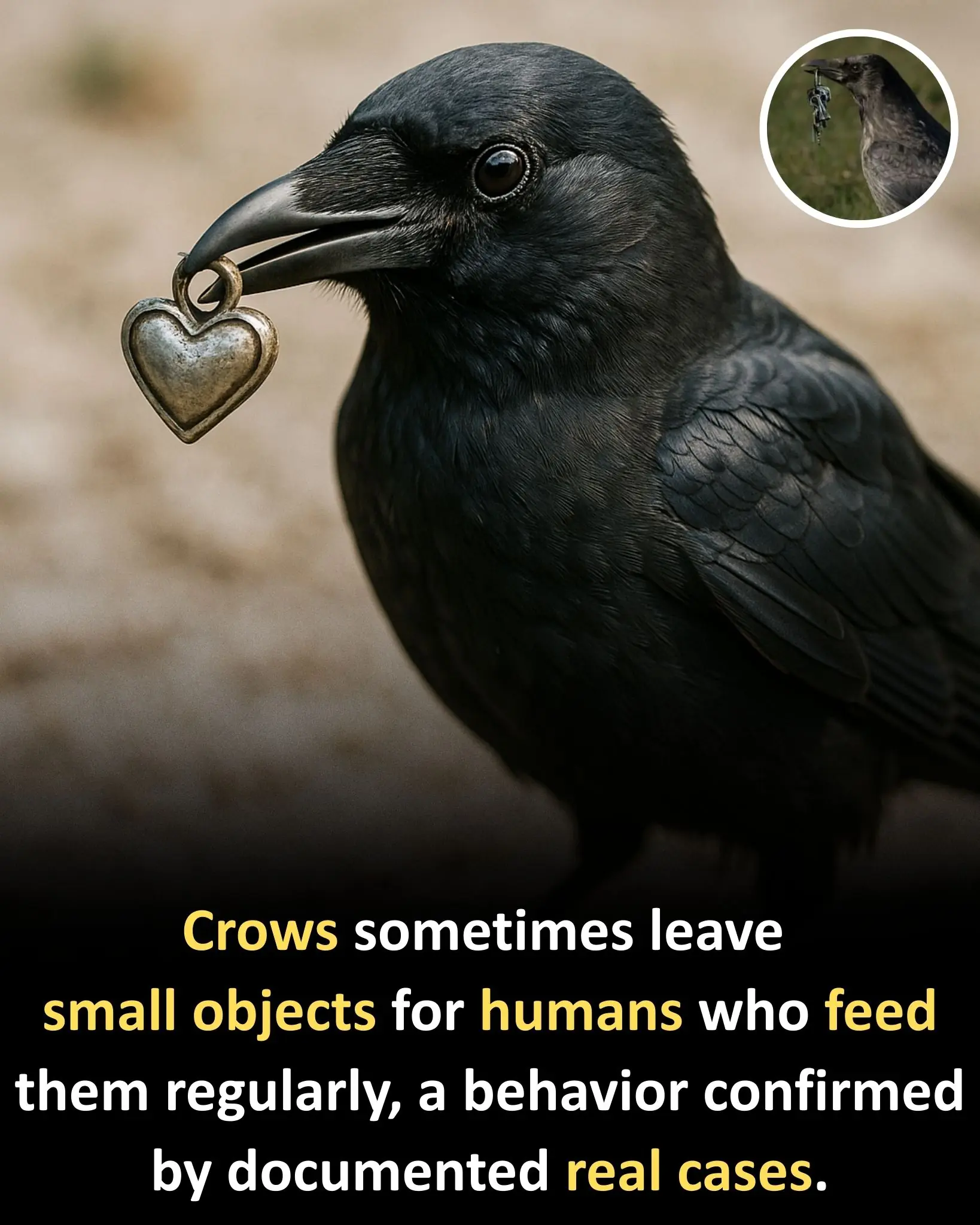
Crows Sometimes Leave Gifts for People Who Feed Them: Confirmed Cases Highlight Corvid Intelligence

The Toothache Escape: How a Prisoner’s Pain Sparked Debate on Healthcare Behind Bars

Netherlands’ Workweek Evolution: Why the Dutch Average Just 32 Hours

Norway’s Law Demands Labels on Retouched Advertising Images
News Post

Gene Therapy Breakthrough: Restoring Hearing in Deaf Individuals via Single-Gene Repair

Giant Manta Ray Approaches Divers for Help in Removing Fishing Hooks

See the Difference: A Delicious Drink to Support Eye Health Naturally

Avocado, Hibiscus & Clove Smoothie: A Vibrant Blend for Energy, Digestion & Glow

Take Honey and Cloves After 50: Fix 13 Common Health Issues in One Week!
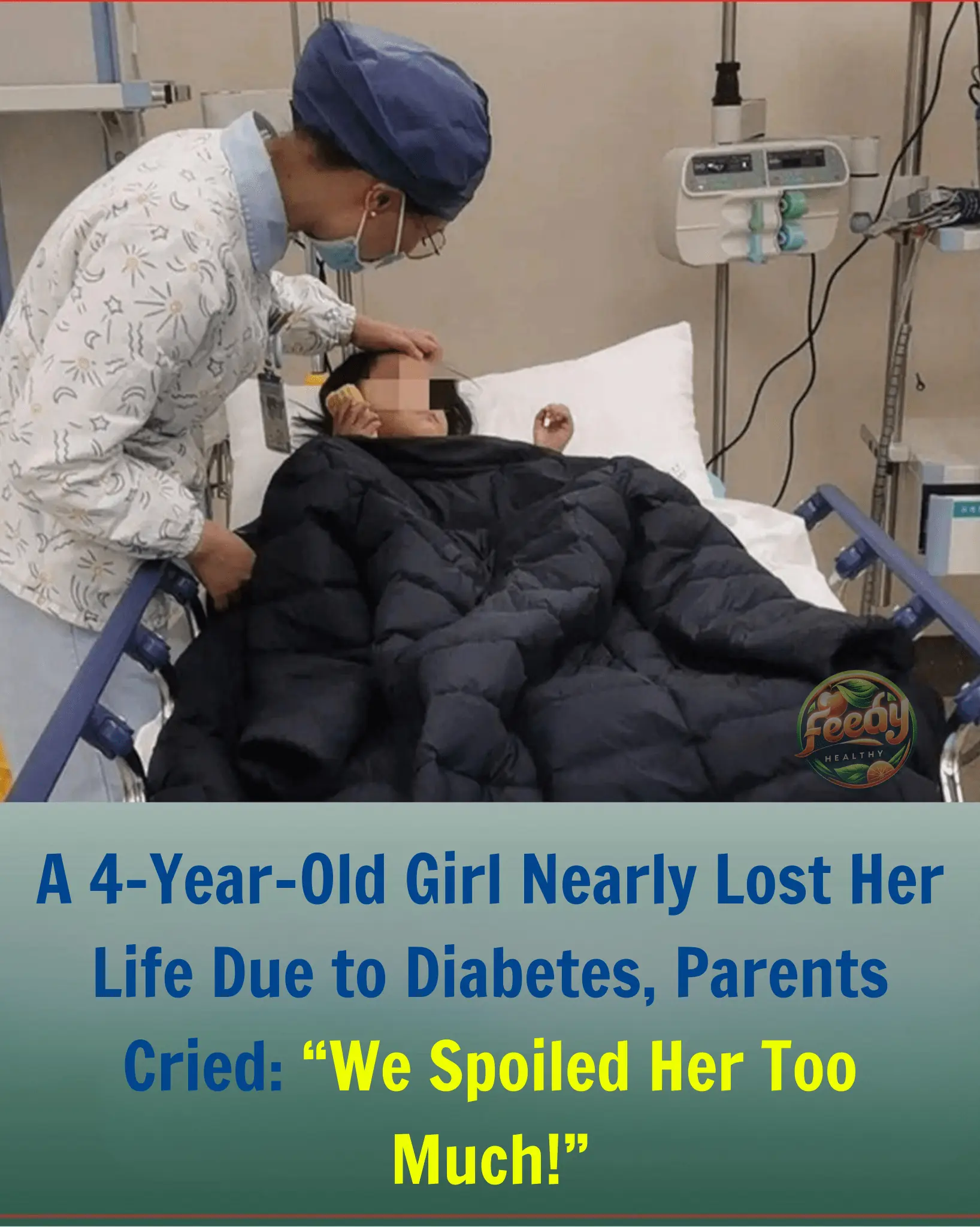
A 4-Year-Old Girl Nearly Lost Her Life Due to Diabetes, Parents Cried: “We Spoiled Her Too Much!”

A Cyst on the Foot or Wrist: What You Should Know
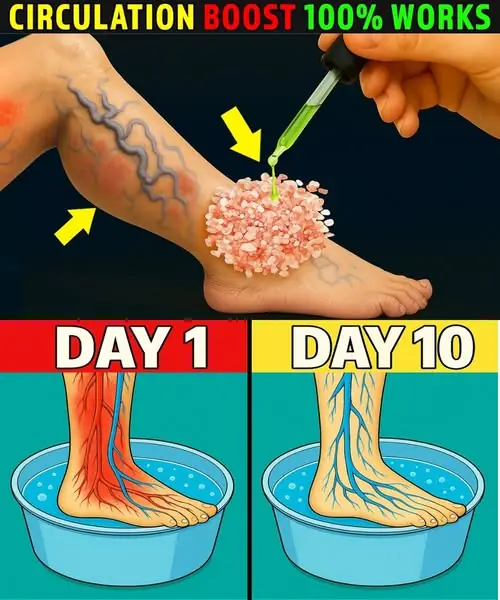
Seniors: This Magical Foot Soak Restores Circulation in Just 10 Days!
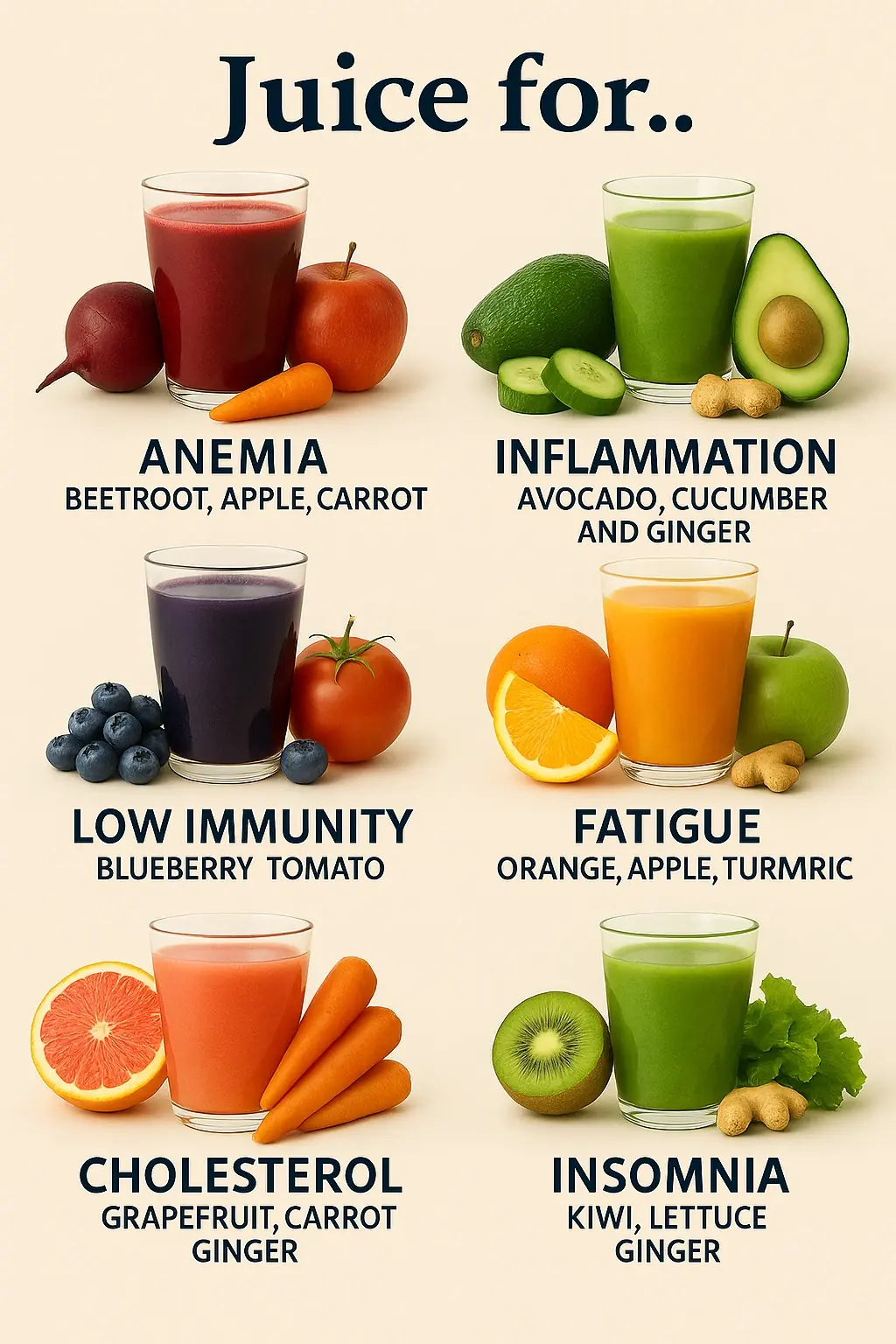
6 Powerful Juice Recipes to Fight Anemia, Inflammation, Fatigue, Low Immunity, High Cholesterol, and Insomnia

Japanese-Inspired Potato Juice Hair Treatment for Fast, Natural Hair Growth

Lemon Secret for Seniors: Never Mix Lemon With These Three Foods

ROSEMARY WATER FOR HAIR GROWTH:DIY Rosemary Water Recipe & How to Use It for Stronger, Thicker Hair

Old Doctor’s Remedy: Almond Milk with Cloves

Unlocking the Natural Power of Cloves: Simple Home Remedies for Better Health

12 Amazing Beauty Benefits of Lemon: Natural Recipes for Glowing Skin

The Natural Drink Taking 2025 by Storm: May Support Diabetes, Cancer & High Blood Pressure

Amazing! Beauty Hacks Every Girl Should Know – 34 Tips to Grow Your Hair Faster
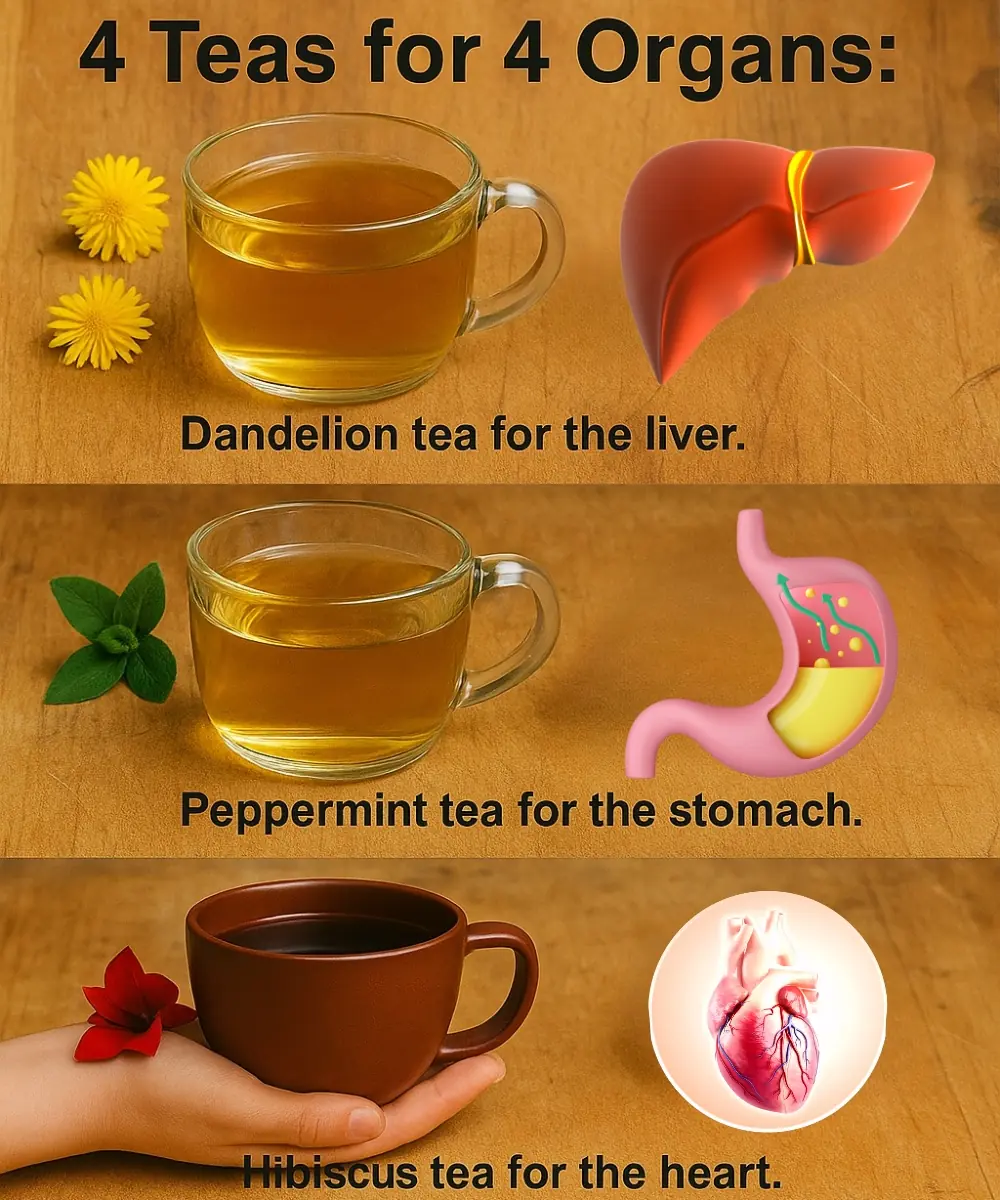
4 Teas for 4 Organs – and 3 More to Try!

My Secret Hair Growth Formula: Ginger, Rosemary & More for Longer, Healthier Hair

